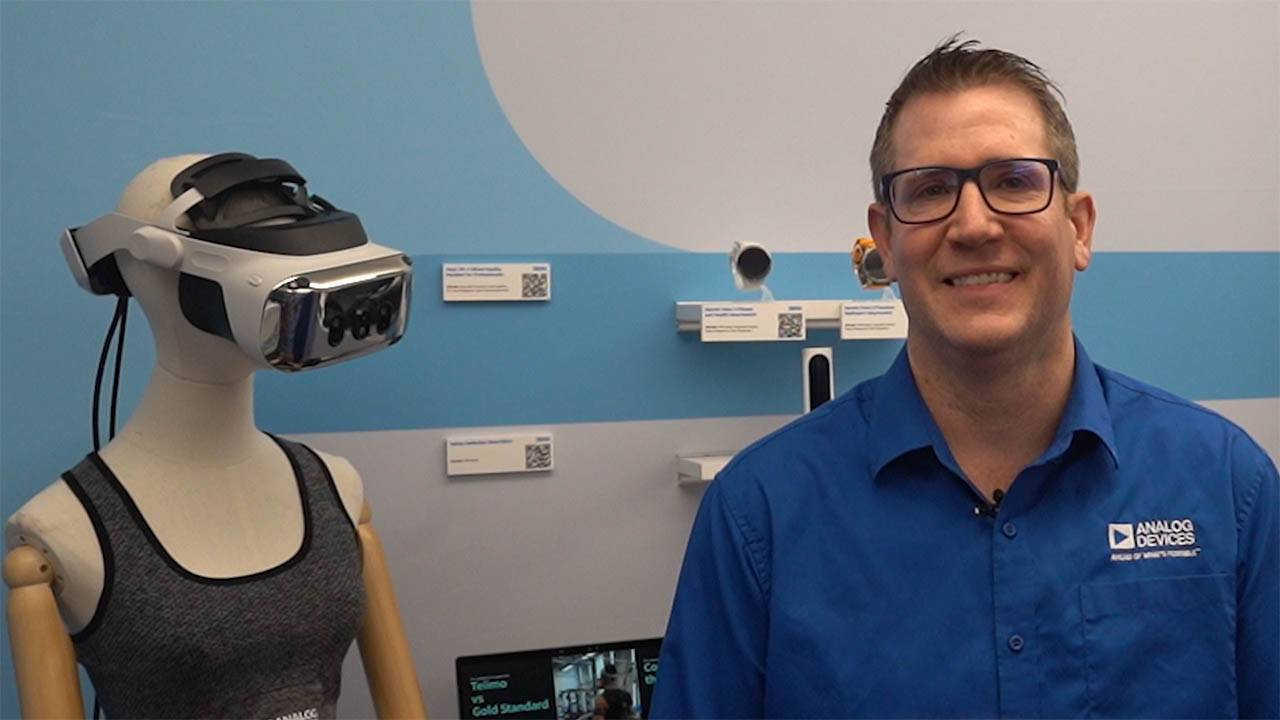Power Management


- A/D Converters (ADC)
- Amplifiers
- Analog Functions
- Audio Products
- Clock and Timing
- D/A Converters (DAC)
- Embedded Security
- High Speed Logic and Data Path Management
- iButton and Memory
- Industrial Ethernet Solutions
- Interface and Isolation
- Motor and Motion Control
- Optical Communications and Sensing
- Power Monitor, Control, and Protection
- Processors and Microcontrollers
- Product
- RF and Microwave
- Sensors and MEMS
- Switches and Multiplexers
- Video Products
Battery Management


- µModule Regulators
- Current Sources
- Display Control and Power
- Energy Harvesting
- Inductorless (Charge Pump) DC/DC Converters
- LDO Linear Regulators
- LED Driver IC
- PMIC and Multifunction
- Smart Power Stages (FET and FET Driver)
- Supercapacitor Chargers
- Switching Regulators
- Ultralow Noise Regulators
- Xenon Photoflash Charger
Battery Charger IC














